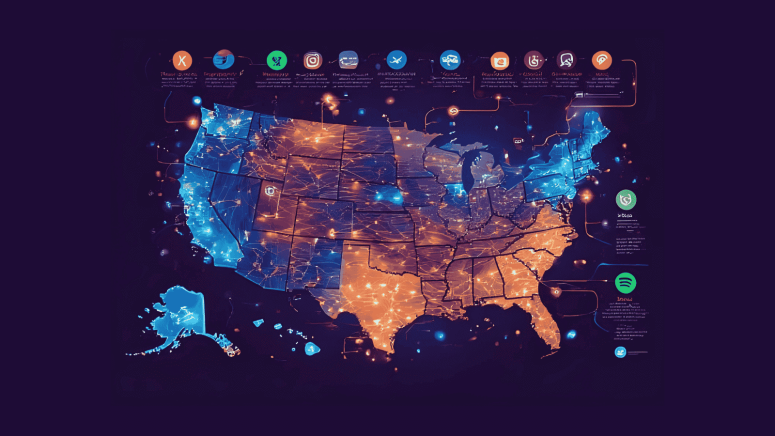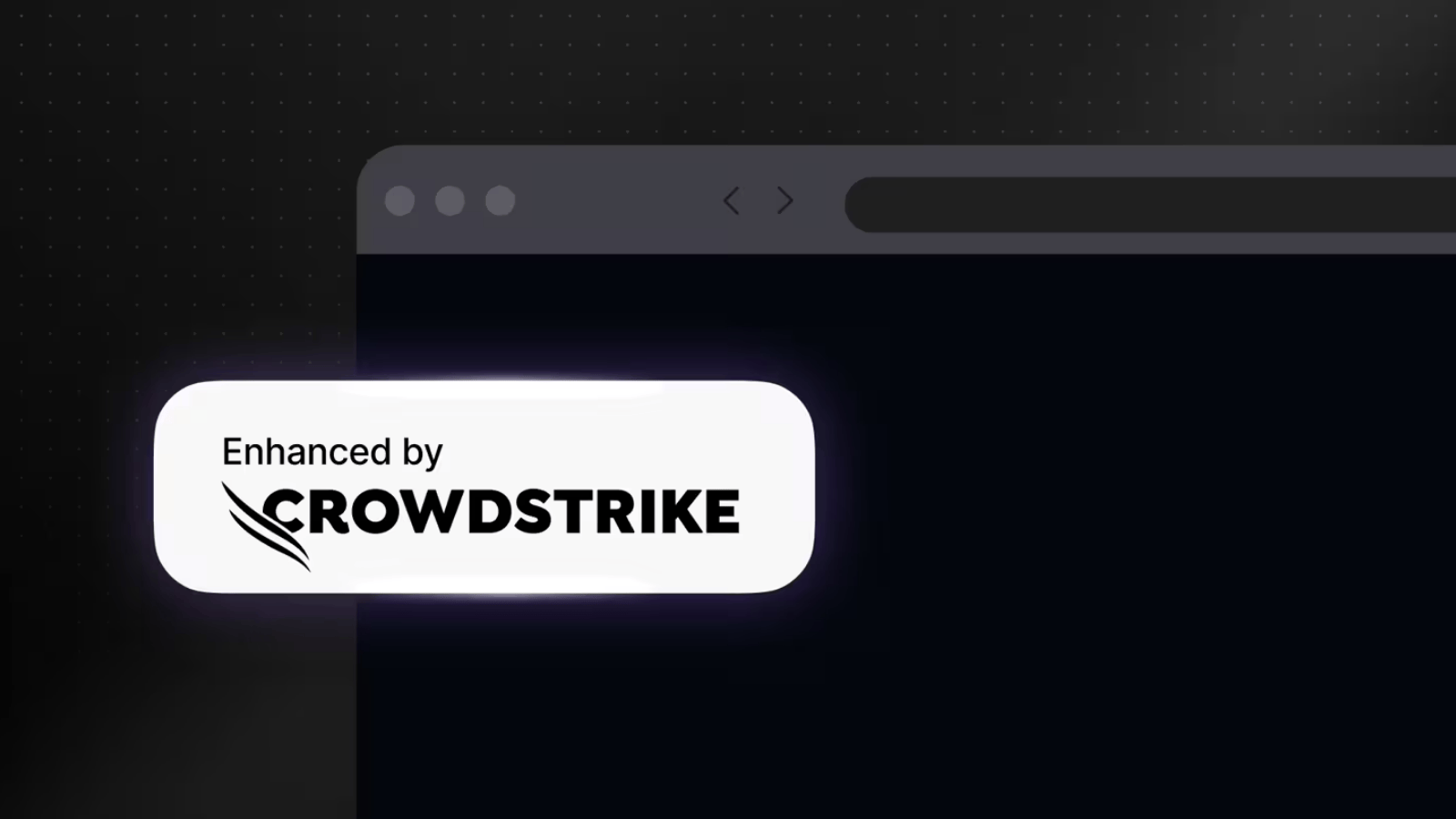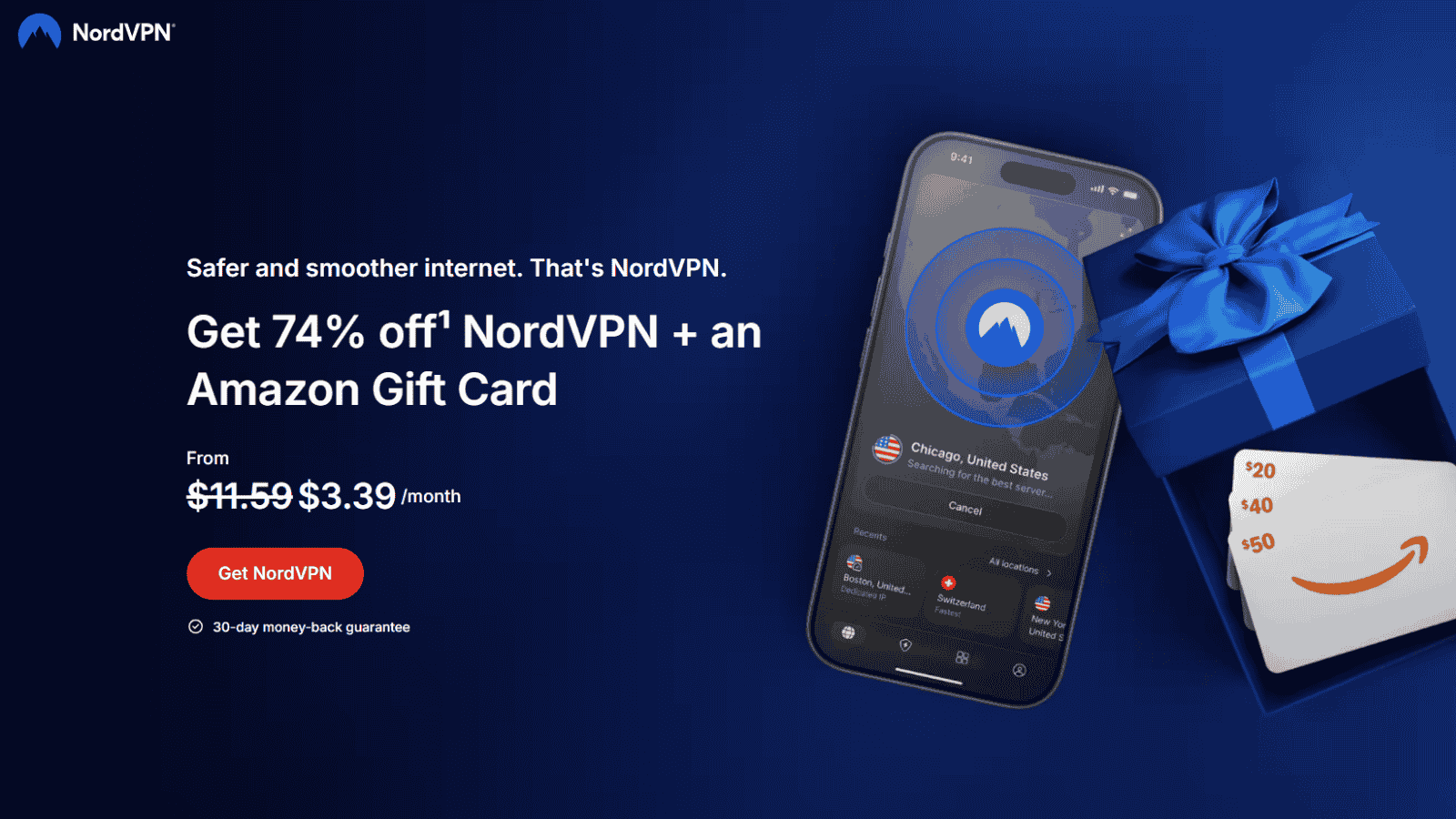
Age Verification Laws Are Splintering the US Internet
- State-Level Variations: Age verification laws by USA differ widely, from app checks to frequent ID uploads for restricted content.
- Privacy Concerns: Users must share sensitive data, raising risks of hacking, misuse, and identity theft online.
- VPN Circumvention: Many Americans turn to VPNs to bypass verification, highlighting challenges of enforcing state-by-state rules.
Mandatory age verification is becoming a growing topic of debate in the US, following similar legislation in the UK. The rules, which aim to limit access to "harmful but legal" content for minors, are being introduced state by state, creating a complex and fragmented regulatory landscape for internet users and tech companies alike.
How Age Verification Law Is Spreading in the US
On a federal level, the Kids Online Safety Act (KOSA) is still under consideration in Congress. Meanwhile, more than 20 US states have passed age verification regulations, with several others working on similar measures.
The rules vary widely. Some states, like Texas, Utah, and Louisiana, require age checks before downloading certain apps. In 2024, Kansas enacted legislation mandating a government-issued ID for verification on websites with at least 25% of content considered "harmful to minors." Tennessee goes one step farther and requires users to upload identification every 60 minutes on specific apps and websites.
Tech companies face the challenge of complying with these patchwork rules. For example, Bluesky, a Twitter rival, left Mississippi after the state enforced strict age verification, while allowing users in South Dakota and Wyoming to verify age using multiple methods.
California is considering a statewide proposal, backed by Google, Meta, and OpenAI, that would require device makers and app stores to verify users’ ages.
Privacy and Security Concerns
Experts caution that laws requiring age verification could pose significant security and privacy problems. Users frequently have to provide private information, such as bank account information, government-issued identification, or biometric data. This data may be misused or targeted by hackers in the United States due to the absence of effective federal data protection.
Beyond privacy, the laws could impact free speech and access to information, as broad categories of "harmful but legal" content may be blocked.
VPNs and Workarounds
As seen in the UK, the introduction of age verification has driven people to use VPNs to bypass identity checks. VPNs encrypt internet connections and spoof IP addresses, allowing users to access restricted content without providing personal data.
Some US states, such as Michigan, are attempting to ban circumvention tools like VPNs altogether. Critics argue this approach may limit not only access to adult content but also online privacy, security, and general internet usability for all users.
The Bigger Picture
Digital rights experts caution that fragmented age verification policies may do more harm than good. John Perrino, Senior Policy and Advocacy Expert at the Internet Society, told TechRadar:
"Technically, the internet is not divided state by state – nor necessarily, country by country. The patchwork of these age verification rules just won't work for people, and it will change the internet as we know it."
Experts suggest alternative solutions to protect minors online, including better default parental protections, education, and media literacy programs, rather than invasive verification systems.
What’s Next
As more states consider or enact age verification laws, the full impact on users and tech companies remains uncertain. While the intent is to safeguard children, the practical challenges, privacy risks, and fragmented approach could make the system ineffective or even counterproductive.
Digital rights advocates emphasize that age verification should not replace broader, more effective strategies to ensure online safety, while preserving privacy and access for all users.










